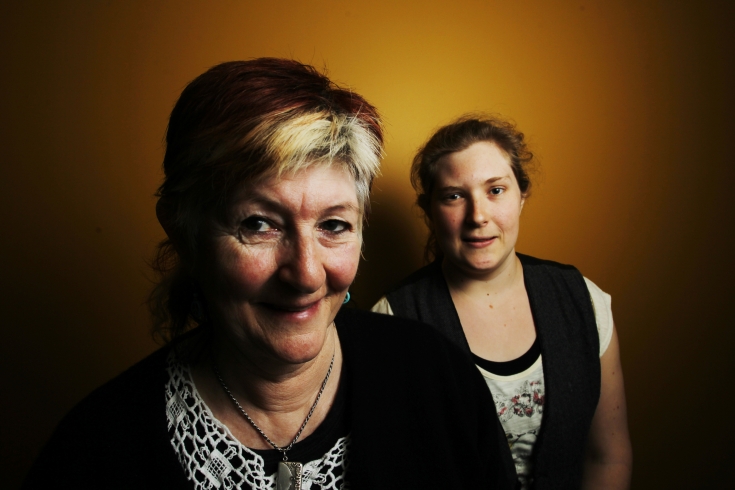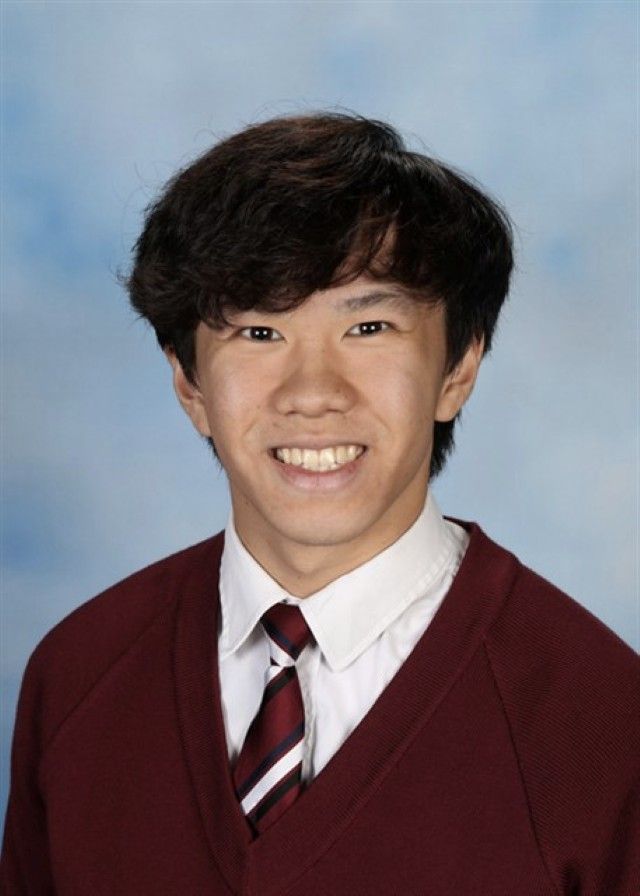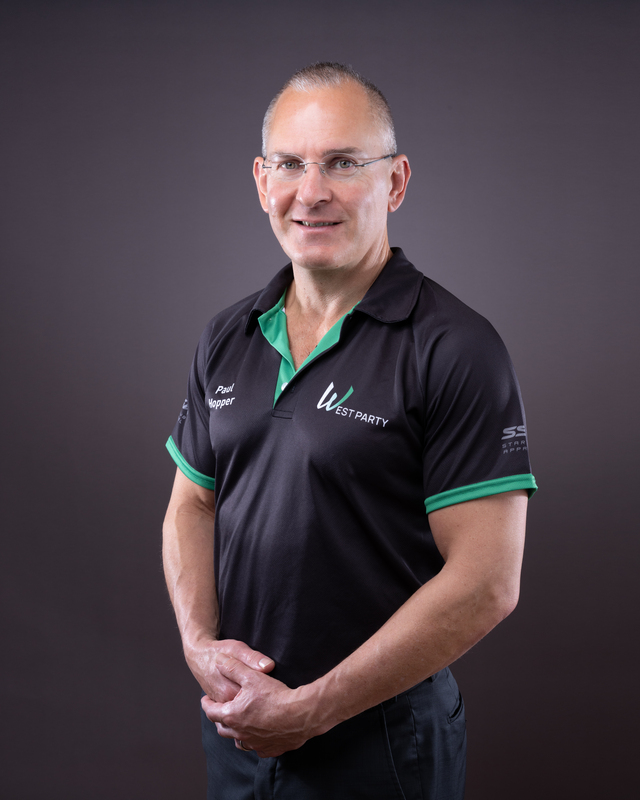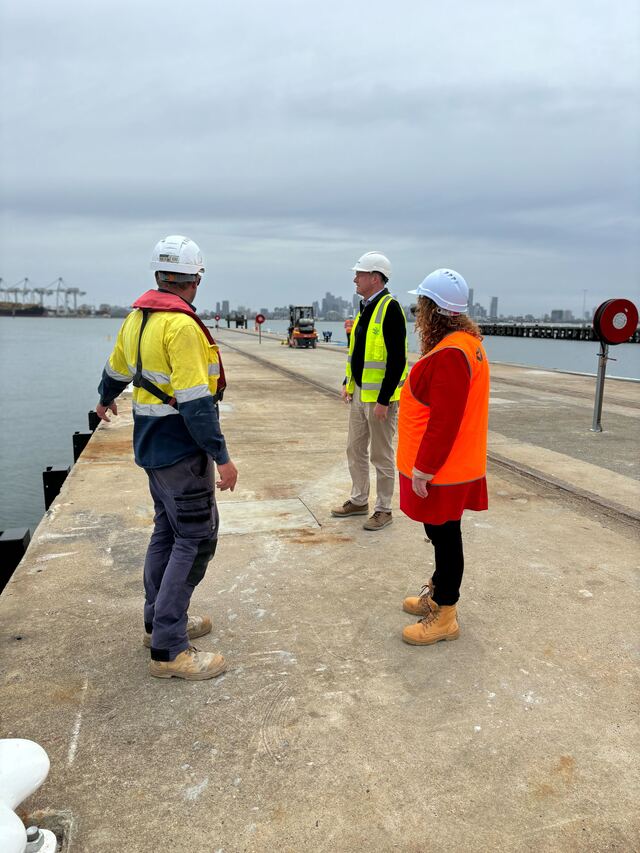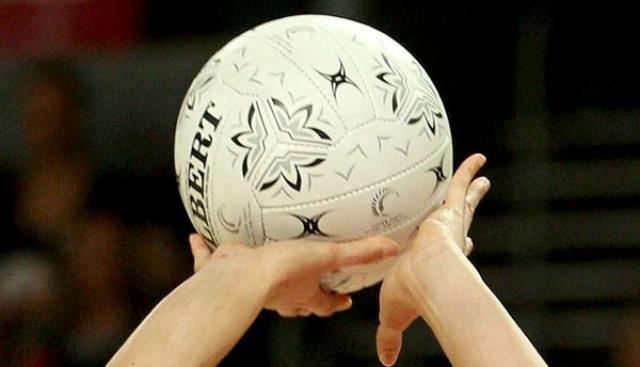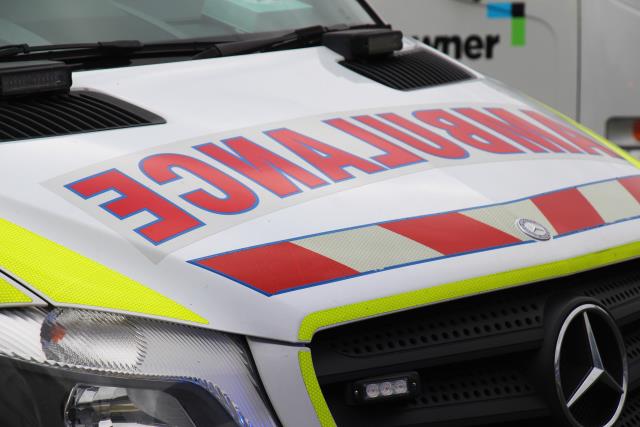A SEAHOLME woman diagnosed with a rare brain disorder linked to autism has now been diagnosed with autism.
Abbie Kinniburgh, a 22-year-old student at Footscray’s Victoria University, is the only adult statewide and one of six known adults nationwide with a disorder of the corpus callosum (DCC). Abbie’s primary diagnosis is partial agenesis (absence) of the corpus callosum (ACC).
The corpus callosum is a structure in the middle of the brain which transfers information between the two hemispheres. Malformation may result in reduced ability to socially interact and problems with language development, sleep, reading, writing and memory.
Maree Kinniburgh says her daughter’s neuropsychiatrist has diagnosed Abbie with autism as well as DCC.
“That physical link to autism now is quite well established,” Ms Kinniburgh said. “They used to say autism was behavioural and there were no physical causes, but that’s one of the physical causes; if you’ve got a corpus collosal disorder it’s quite common to have an autism diagnosis as well.”
Ms Kinniburgh said diagnoses of DCC were burgeoning due to advances in MRI.
“There’s about 80 on the books at the Royal Children’s and there’s another neurologist at Monash Medical Centre; I think he’s got 37 on his books. And they’re finding it in utero as well. It’s probably all over the community and people don’t know they have it.” As reported by the Weekly late last year, Ms Kinniburgh had predicted that Abbie “would probably come out on the [autism] spectrum if tested”.
Ms Kinniburgh said that in the US it was “fairly standard” for children with DCC to be also diagnosed with autism. They then qualified for therapies and funding. “They know why they have autism, whereas a lot of the kids with autism don’t know why they have autism.” Australian Disorders of the Corpus Callosum (AusDoCC) has started a Facebook group and website in the hope of finding and connecting more people with DCC. Visit ausdocc.org.au for information

